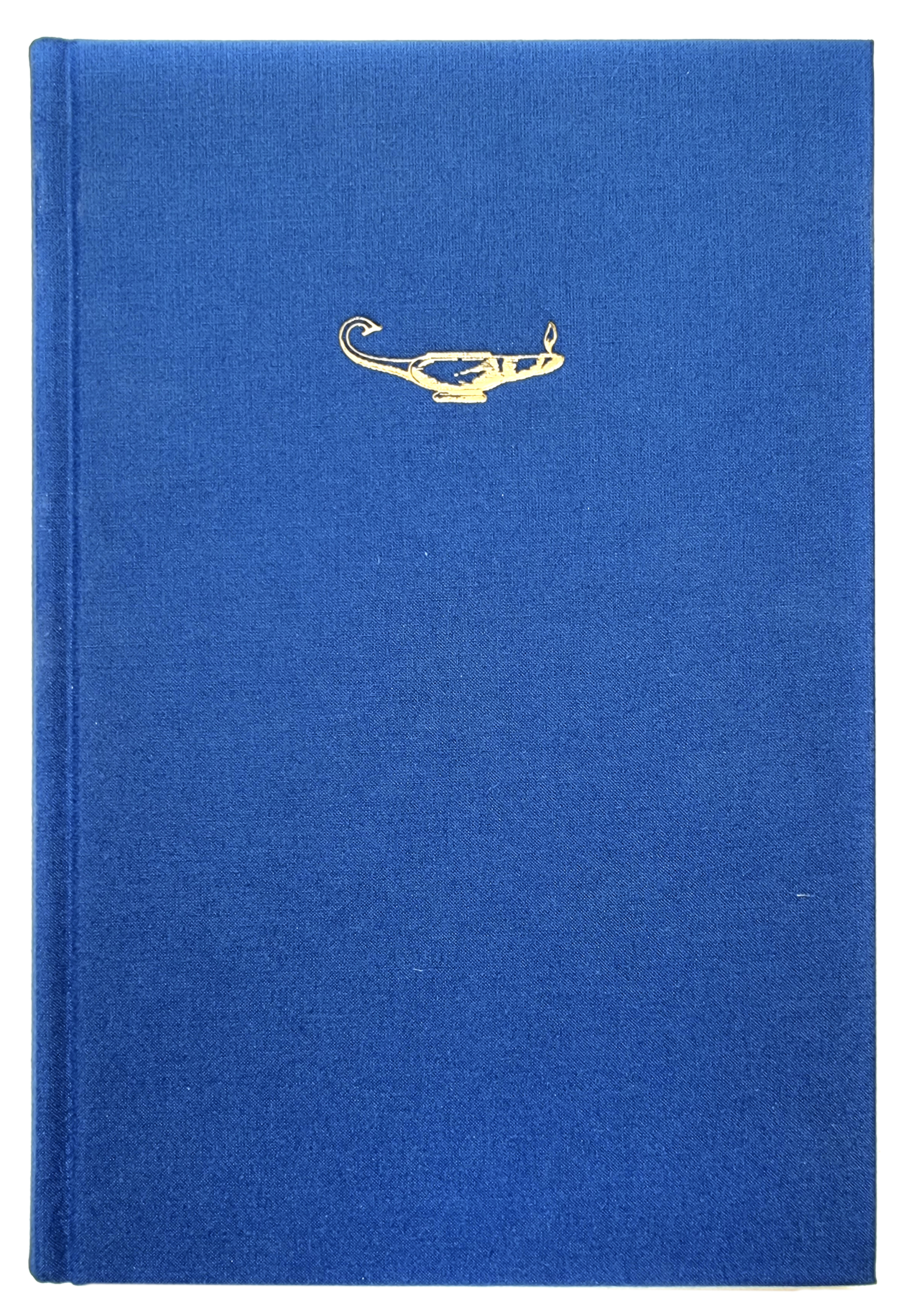En marknad för klass
Marknads- och opinionsundersökningar som skillnadsmaskiner 1930–1960
Nyckelord:
social class, history of market research and opinion surveys, social lif of methods, public knowledge, sweden, media historyAbstract
This article studies the rise of market research and opinion surveys in Sweden from the 1930s and onward. By focusing on promotion of empirical knowledge by actors between the academic and the commercial world, such as Gerhard Törnqvist, I show how new knowledge practices of classifying consumers into social classes were established among marketers and advertisers. These approaches were overtaken by the Swedish Gallup, which produced opinion surveys from early 1940s framing opinions ordered into classed responses. In the final section of the article, I chart newspapers preoccupation with classifying practices of the Swedish population into classes. The article investigates market research and opinion surveys through the theoretical prism of following “the social life of methods”, a perspective that sees methods of knowledge as political. I follow how a class taxonomy in social groups (socialgrupper), constructed by the Swedish statistical bureau in 1911, migrated and became productive in the commercial sector starting in the 1930s. I call these surveys difference machines (skillnadsmaskiner), in that they repeatedly produced statistical differences as new knowledge. In understanding the history of class and class identity, it is crucial to include these often-overlooked knowledge practices since they through media had a significant presence in people’s everyday lives, influencing ways of understanding and discussing society and the self.
Downloads
Publicerad
Nummer
Sektion
Licens
This work is licensed under a Creative Commons Attribution 4.0 International License. The copyright for the work published in Lychnos remains with the authors.


